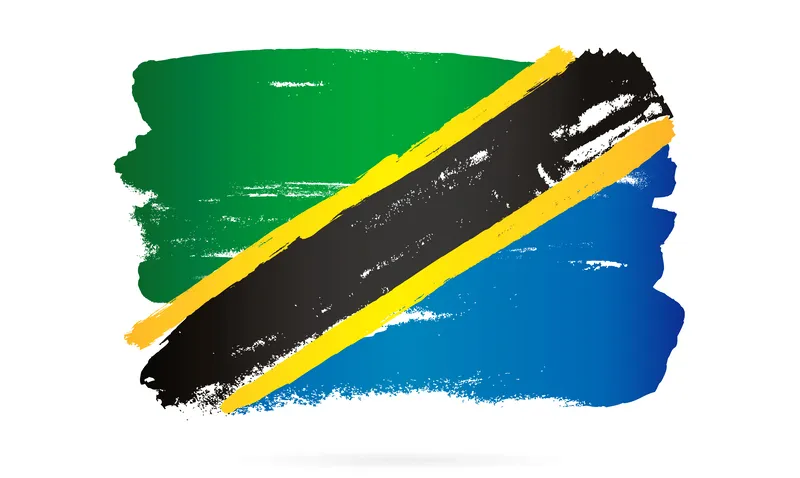Both the UITP and the International Transport Forum (ITF) have welcomed the United Nations High-Level Advisory Group report which recommends that greener, more efficient and sustainable transport can save trillions and help achieve the sustainable development goals.
According to the report, Mobilizing Sustainable Transport for Development, greater investment in greener, more sustainable transport systems is essential for propelling the economic and social development that is vital to achieving the Sustai
November 1, 2016
Read time: 2 mins
Both the UITP and the 998 International Transport Forum (ITF) have welcomed the United Nations High-Level Advisory Group report which recommends that greener, more efficient and sustainable transport can save trillions and help achieve the sustainable development goals.
According to the report, Mobilizing Sustainable Transport for Development, greater investment in greener, more sustainable transport systems is essential for propelling the economic and social development that is vital to achieving the Sustainable Development Goals, according to an expert panel report delivered to UN secretary-general Ban Ki-moon in New York last week.
The panel’s report provides ten recommendations on how governments, businesses and civil society should re-direct resources in the transport sector to advance sustainable development.
Investment in sustainable transport, the experts found, could lead to fuel savings and lower operational costs, decreased congestion, reduced air pollution and savings of up to US$70 trillion by 2050.
Ban Ki-moon noted that sustainable transport was essential to efforts to fight climate change, reduce air pollution and improve road safety: “Sustainable transport supports inclusive growth, job creation, poverty reduction, access to markets, the empowerment of women, and the well-being of persons with disabilities and other vulnerable groups.”
The panel’s recommendations highlight the importance of an integrated approach to policy, investments and institutional strengthening and the benefits of engaging a wide range of stakeholders and funding sources. They also include the promotion of sustainable transport technologies, cleaner fuels and the increase of international development funding and the need to put particular weight on the needs, challenges and opportunities in developing countries
José Viegas, secretary-general of the ITF, said, “Sustainable transport drives sustainable development. It is fundamental to meeting the needs of people in their personal and economic lives, while maintaining the ability of future generations to meet theirs.
“Transport is not an end in itself. It is a means for access to jobs, markets, education, health services, cultural interaction and a whole range of other services and amenities that contribute to healthy and fulfilling lives.”
According to the report, Mobilizing Sustainable Transport for Development, greater investment in greener, more sustainable transport systems is essential for propelling the economic and social development that is vital to achieving the Sustainable Development Goals, according to an expert panel report delivered to UN secretary-general Ban Ki-moon in New York last week.
The panel’s report provides ten recommendations on how governments, businesses and civil society should re-direct resources in the transport sector to advance sustainable development.
Investment in sustainable transport, the experts found, could lead to fuel savings and lower operational costs, decreased congestion, reduced air pollution and savings of up to US$70 trillion by 2050.
Ban Ki-moon noted that sustainable transport was essential to efforts to fight climate change, reduce air pollution and improve road safety: “Sustainable transport supports inclusive growth, job creation, poverty reduction, access to markets, the empowerment of women, and the well-being of persons with disabilities and other vulnerable groups.”
The panel’s recommendations highlight the importance of an integrated approach to policy, investments and institutional strengthening and the benefits of engaging a wide range of stakeholders and funding sources. They also include the promotion of sustainable transport technologies, cleaner fuels and the increase of international development funding and the need to put particular weight on the needs, challenges and opportunities in developing countries
José Viegas, secretary-general of the ITF, said, “Sustainable transport drives sustainable development. It is fundamental to meeting the needs of people in their personal and economic lives, while maintaining the ability of future generations to meet theirs.
“Transport is not an end in itself. It is a means for access to jobs, markets, education, health services, cultural interaction and a whole range of other services and amenities that contribute to healthy and fulfilling lives.”










